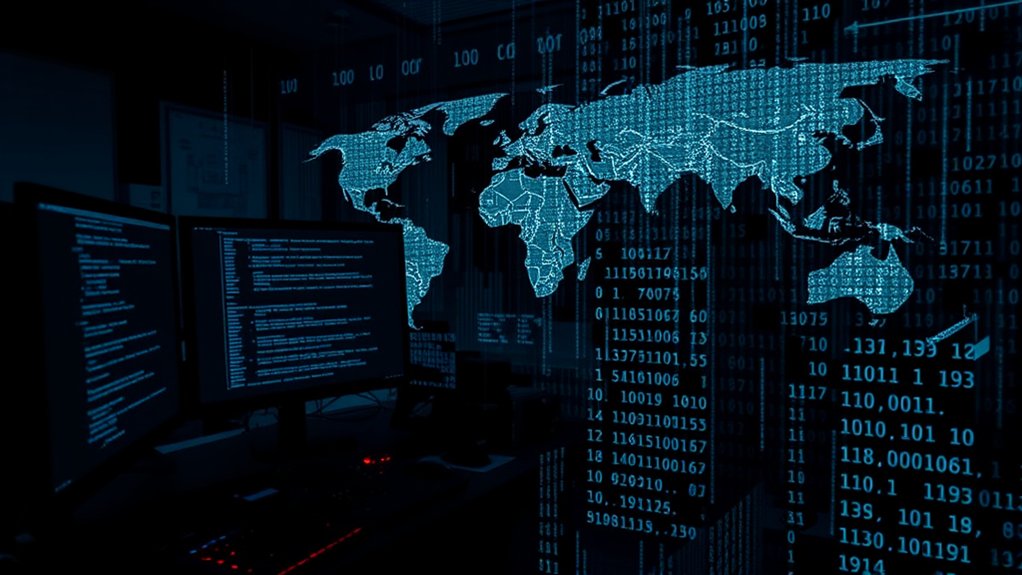In a significant escalation of cybersecurity tensions, China has purportedly accused the United States of orchestrating cyberattacks aimed at undermining the 9th Asian Winter Games, set to be held in February 2025. Chinese officials have claimed that the U.S. National Security Agency (NSA) may be the architect of these sophisticated assaults, which allegedly seek to disrupt vital information infrastructure during the theft of sensitive personal and financial data.
The implications of these accusations extend far beyond mere espionage, as they potentially jeopardize the integrity of a prominent international sporting event. Specific targets of these rumored attacks include athletes’ personal information, financial details, and essential event management systems. Zero-day vulnerabilities have become increasingly concerning as they can remain undetected until significant damage occurs.
Reports indicate that cyber strategies involved in the attacks focused on compromising registration systems and entry-exit management processes directly associated with the Games. Importantly, transactions during the competition period were highlighted, revealing an emphasis on the theft of banking information through card payments. The attacks are thought to have begun during the peak of the ice hockey games on February 3, 2025. Notably, the Chinese government has alleged that these attacks were initiated using pre-installed backdoors in Microsoft Windows.
The severity of targeting sensitive data raises concerns around identity theft and financial fraud, further complicating the terrain of international cybersecurity. These allegations have amplified existing tensions between the U.S. and China related to cybersecurity protocols.
As history suggests, episodes like these can create an adversarial climate that may lead to retaliatory actions, ultimately straining diplomatic relations. Experts contend that such cybersecurity incidents not only threaten the individuals involved but additionally pose risks to the financial sector, which must now grapple with potential data breaches and regulatory compliance challenges.
Internationally, the ramifications of these accusations may be profound, as the global community struggles to establish cohesive cybersecurity standards and promote cooperative frameworks. The lack of a unified response from nations regarding the U.S.-China allegations leaves a gap that could be exploited, perpetuating a cycle of distrust and further escalations in cyberspace.
As the date for the Games approaches, the world will closely watch, anticipating potential developments from both sides amid growing suspicions and security concerns.









